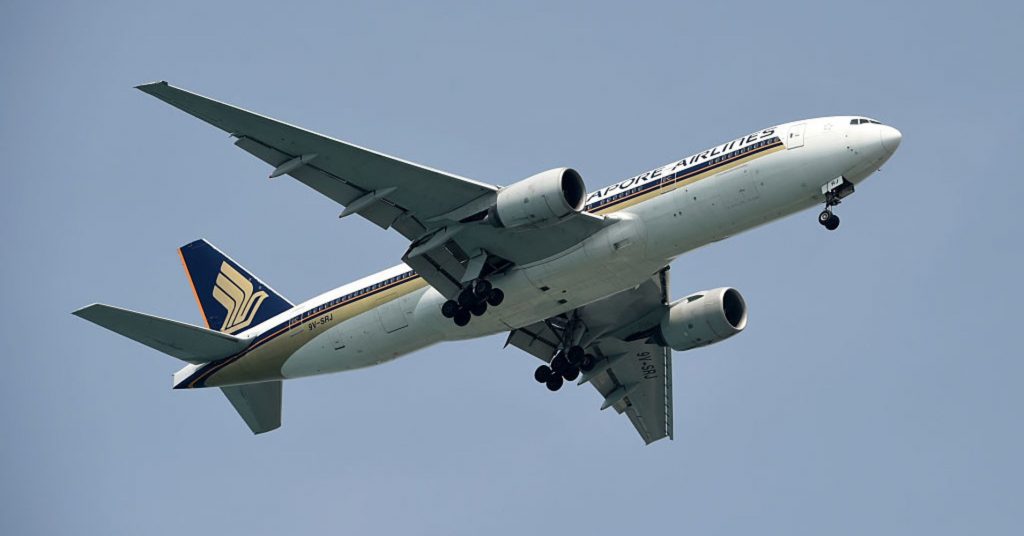
Spain’s Prime Minister Pedro Sanchez will meet with cabinet colleagues Friday morning to discuss a solution to his government’s legislative paralysis.
The meeting comes after two Catalan separatist parties that had supported his Socialists (PSOE) in the Madrid parliament voted against his budget for the current fiscal year.
Sanchez is one of Europe’s last remaining center-left leaders, a decade on from the financial crisis that cratered the Spanish economy.
Just days after the European Commission issued surprisingly healthy economic forecasts for Spain, Sanchez had been trying to pass a budget that would increase spending to address some of the country’s long-standing economic inequality.
There were almost no specific concerns raised about those draft spending proposals. But after the failed vote this week, his own budget minister acknowledged that without an approved budget for the year, Sanchez could struggle to argue that he has a mandate to govern.
Political analysts say Sanchez had the ability to simply roll over last year’s spending framework, introduced by the previous party in government, the Partido Popular (PP), but that appears unlikely to happen.
“Sanchez has not passed the budget … by himself,” Pablo Simon, a political science professor at Madrid’s Carlos III University, told CNBC. “It makes sense as consequence to assume that he does not have a workable majority in Parliament.”
The economy could nevertheless continue to perform well in the near term, and after years of austerity under the previous government, the country’s finances now look comparatively healthy despite political uncertainty.
“We face opportunity cost in terms of reforms,” Simon said of the political chaos. “But the deficit is not so problematic.”
Wednesday’s parliamentary proceedings — with 191 lawmakers voting against, 158 in favor, and 1 abstention — marked the second time since 1979 that a government has lost a vote on its budget, and the first time in almost 24 years.
In the wake of the 2017 Catalonia crisis and a corruption scandal that together roiled the once dominant center right, Sanchez himself took power from the PP, thanks to support from a handful of Basque deputies and 17 lawmakers from two Catalan separatist parties.
But the two Catalan blocs ultimately refused to back his budget, because they were dissatisfied with the framework he suggested for talks between separatists and pro-unity politicians.
Sanchez had agreed to allow an independent facilitator to oversee those talks. But as had been the case with the government of Mariano Rajoy before him, he refused to accept that an independence referendum for Catalonia could be a subject of the talks.
And the PP and Spain’s other large anti-separatist party, Ciudadanos — or “Citizens” — spearheaded a rally in central Madrid last weekend calling for elections as a protest against Sanchez’s comparatively conciliatory approach to the Catalan separatist movement.
They accuse Sanchez and the Socialists of pandering to forces that seek to break up Spain, and have urged a return to Madrid’s direct rule over the Catalonia region under the terms of the Spanish constitution’s controversial Article 155 that was triggered following the 2017 Catalan independence referendum. Spanish authorities deemed that vote illegal and attempted to prevent it.
The Catalan regional President Quim Torra insisted before Wednesday’s budget vote that the two main Catalan parties in the Madrid parliament would not be bounced into supporting the Sanchez budget out of fear that parties on the political right were rising in national polls. During local elections in the Andalusia region last December, a coalition of Ciudadanos, PP and a new far-right force called Vox triumphed.
“Between the right wing and a PSOE that won’t accept our right to self-determination, I choose Catalan independence,” Torra has insisted.
Sanchez allies have likened the Catalan negotiating tactics to political blackmail. But Ferran Bel, a lawmaker from the Catalan European Democratic Party (PDeCat), insisted blame for Wednesday’s parliamentary defeat should not be assigned to the separatists, but instead to the government.
Bel argued that Sanchez was allowing the budget legislation to fail so that his Socialists — currently top of a poll of polls published by newspaper El Pais with 24.4 percent of potential voters — could benefit from fresh elections.
To add to that political complexity, the trial of 12 Catalan separatist figures began this Tuesday on charges related to the abortive 2017 independence movement. Over the past week, this seemed to have encouraged the two separatist Catalan parties in parliament to demand further concessions from the government.
Lawyers for two defendants have labeled the trial “procedural vaudeville,” but one government prosecutor has insisted the trial was a defense of Spanish democracy and the country’s constitution.
Torra, the Catalonia regional president, has described the trial as an “attack on democracy,” while his predecessor in self-imposed exile, Carles Puigdemont has called it a “stress test” for Spanish democracy.
Elections were not scheduled until 2020, but just eight months after Sanchez filed a motion of no-confidence against his predecessor and took power, the parliamentary majority that allowed him to do so has collapsed.
Madrid’s parliamentary mathematics has rarely been in his favor, with a 176-seat majority needed in a lower chamber of 350, and his own PSOE holding just 84 seats on its own.
New national elections would represent the country’s third in under four years and, after a generation of two-party rule in Spain, they could herald an era of ever more complicated or unstable political alliances between a diversifying set of parties.
The PP leader, Pablo Casado, insisted that this week marked the “end of the road” for Sanchez as prime minister, since the Wednesday vote constituted a “de facto confidence vote” on his premiership.
But political observers in Madrid warn against counting out the man some once nicknamed “el Guapo” — the beautiful. The charismatic former economics lecturer was forced to resign his party’s leadership following electoral defeat in 2016, only to regain the Socialists’ top role and then snatch the premiership in a period of just 13 months.

